Dutch family tribute to Sunderland D-Day veteran Ted Hold
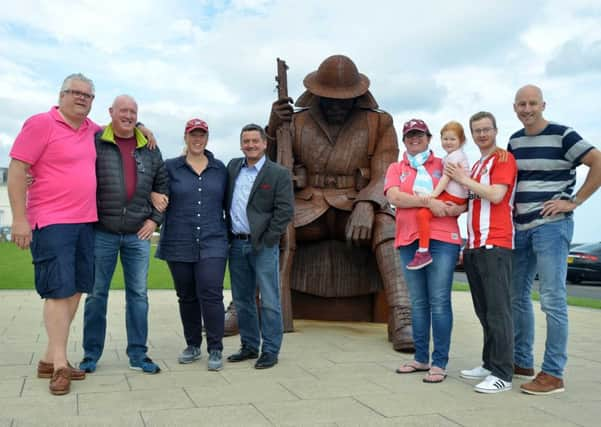

Ted Hold, who landed in Normandy with the Sixth Airborne Signals on D-Day, passed away recently at the age of 96.
Among the packed congregation at Sunderland Crematorium was Rina de Boer, whose friendship with the former Paratrooper began when she was just 12-years-old.
Advertisement
Hide AdAdvertisement
Hide Ad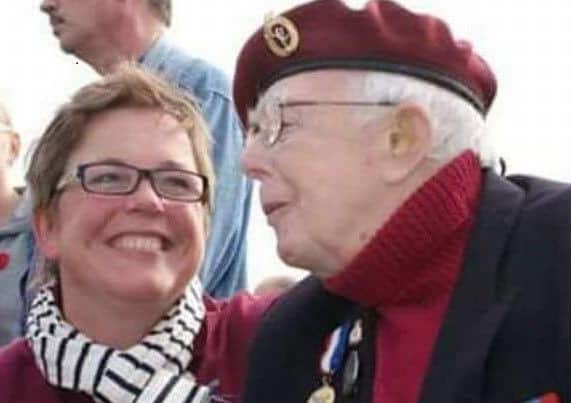

Rina and her classmates had visited an airborne forces cemetery near their school in Oosterbeek to lay flowers on the graves of Allied soldiers who lost their lives in Operation Market Garden when she first met Ted.
“He was a part of a party from Sunderland,” said Rina, now 43.
She asked Ted, from Roker, for his autograph and the conversation marked the beginning of a friendship between the two families that would last more than three decades.
“In the beginning, we were writing to each other, but in 1995, we were celebrating the 50th anniversary of the liberation and we invited him over for that,” said Rina
Advertisement
Hide AdAdvertisement
Hide Ad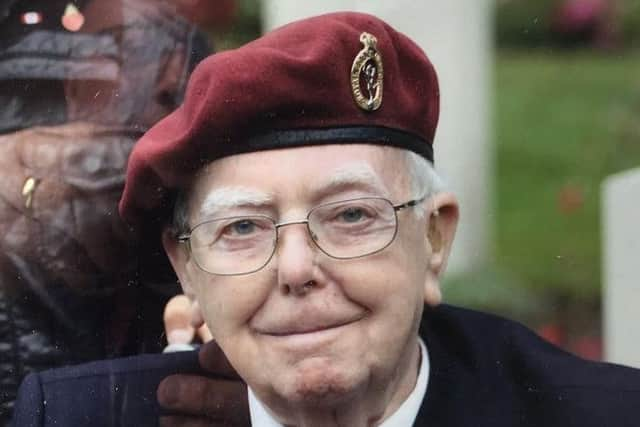

“After that, he came over every year. He was at my wedding and the wedding of my brother. When Ted’s wife and daughter died, my parents went to the funerals.
“The last time he came was three years ago, and my parents came to seem him last January in his care home.”
Rina was joined by husband Roland, father Bert, brother Bert Jnr and friends Robin and Jacqueline van Der Hart, who also knew Ted well, for the funeral service, which was held on Thursday.
Jacqueline remembers ferrying Ted around Normandy for the 70th anniversary of the D-Day landings.
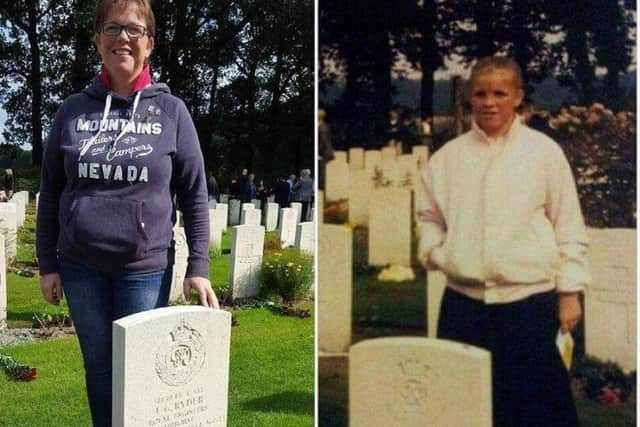

“He had three wishes,” she said.
Advertisement
Hide AdAdvertisement
Hide Ad“He wanted to have a beer at the cafe in Ranville, the town where he landed in his glider on D-Day. He landed in the grounds of the chateau and his second wish was to visit that again and his third was to see the city hall.
“The security was very tight but we told people how important it was for him to see the place and the gendarmes let us stop the car outside and get Ted out in his wheelchair.”
Remembering those who gave their lives to liberate Europe was still very important to the Dutch even 70 years on, she said.
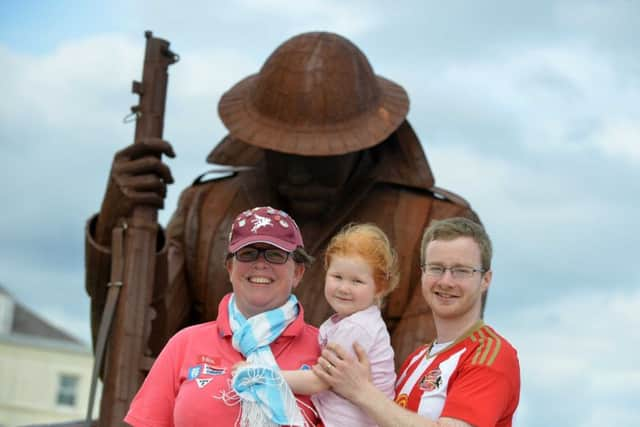

“We are still very connected to the war. We are proud these men and women did something as important as giving their lives for our freedom.”
Advertisement
Hide AdAdvertisement
Hide AdSchools still take pupils to the military cemeteries around the town to lay flowers on the graves.
“Now our sons have adopted graves as we did,” said Jacqueline.
“Rina’s two sons have adopted English graves, my son’s is Polish. It is the fourth generation of our children who lay flowers.”
Ted’s grandson James Routledge is delighted the family’s Dutch friends were able to make it to the funeral.
Advertisement
Hide AdAdvertisement
Hide Ad“The friendship has grown over the years and we have just become a part of each other’s lives,” he said.
“We were all so happy to have them here with us. We are just so glad that they could come - it meant a lot to them and it meant a lot to us.
“The funeral was exactly what he would have wanted.”